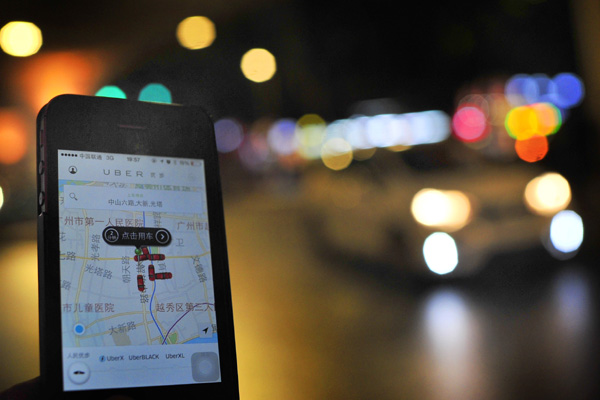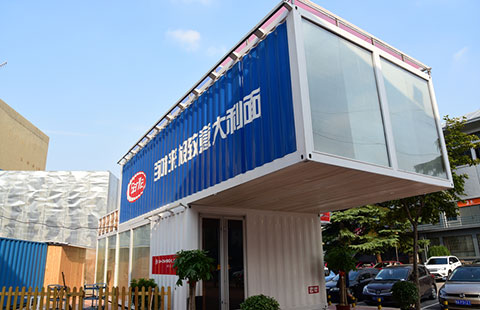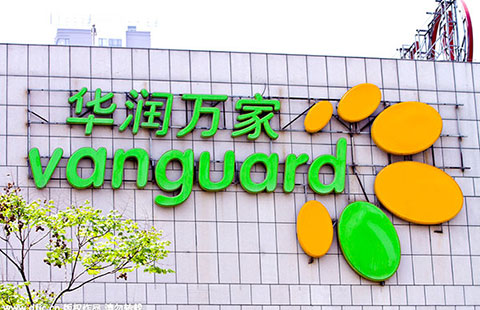Car-hailing apps face uncertain China future
By Li Fusheng (China Daily) Updated: 2015-09-07 08:01
 |
|
The car-hailing mobile app of Uber Technologies Inc. [Photo provided to China Daily] |
Uber, Didi and Yidao were told that they were suspected of illegal operations when they were summoned to a meeting on Aug 31 by transport authorities in Shenzhen, Guangdong province.
"Their operations are illegal as they offer services to passengers for profit," an official at the Shenzhen transport commission told the Southern Metropolis Daily, which is based in Guangdong.
However, the commission did not release any imminent plans to charge the three major car-hailing companies. Instead, they were ordered to change their behaviors and operate in accordance with Chinese laws, as they have been in other cities like Beijing.
Local authorities in Beijing have called two meetings with car-hailing companies, including Didi and Uber, this year.
They were told they were suspected of illegally organizing private cars for transport services, sending spam commercial messages and tax evasion and were ordered to abide by Chinese laws.
By the end of July, law enforcement officials in Beijing had punished 2,417 vehicle owners on charges of illegal operations. Of them, 1,211 offered services through Didi and 170 through Uber.
Experts are divided on the move. Some argue car-hailing companies are indeed disturbing the transport industry and aggravating traffic. Others counter that if taxis provided good service people would not need to hail private cars.
The central government holds a similar attitude toward car-hailing companies as local governments.
The Ministry of Transport said earlier this year that innovation is encouraged to improve transport problems but also made it clear that private cars are not allowed to offer rides for profit.
In August, the ministry and several other departments summoned Didi, Uber, CAR and Yidao to a meeting. What was discussed at the meeting was not made public, however, though the four companies pledged to abide by Chinese laws.
- China market's long-term driver is intact: ABB's CEO
- Internet-led consumption boom almost unnoticed amid stock market jitters
- Ministry to make a push for big data industry
- China new energy vehicle output surges in August
- China's economic growth to be 7.1 percent in 2015
- Foreign firms alter plans for Chinese market
- Mainlanders travel less to Hong Kong, spend less
- Alibaba says stock price should be based on company performance
















